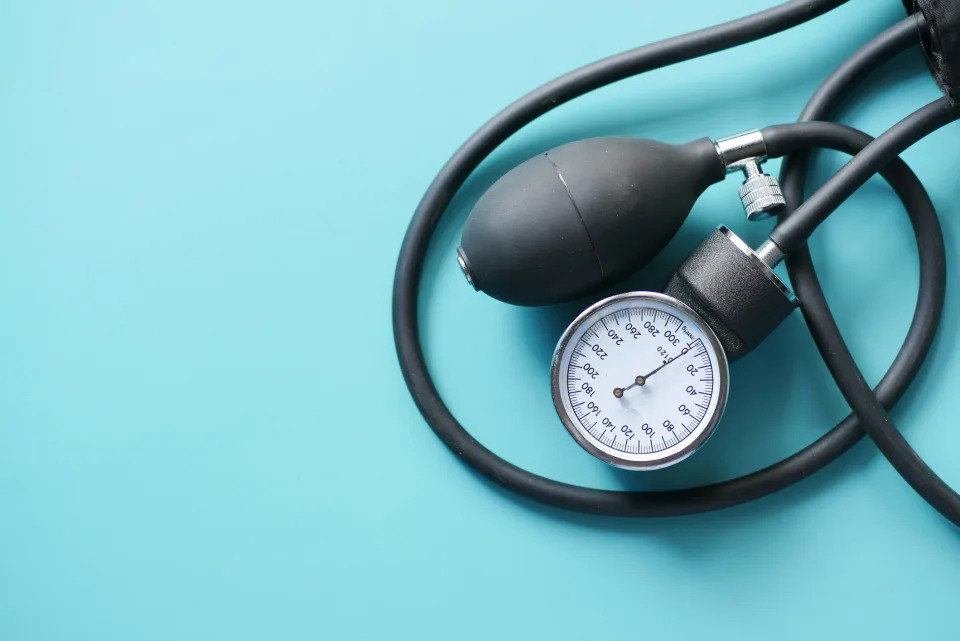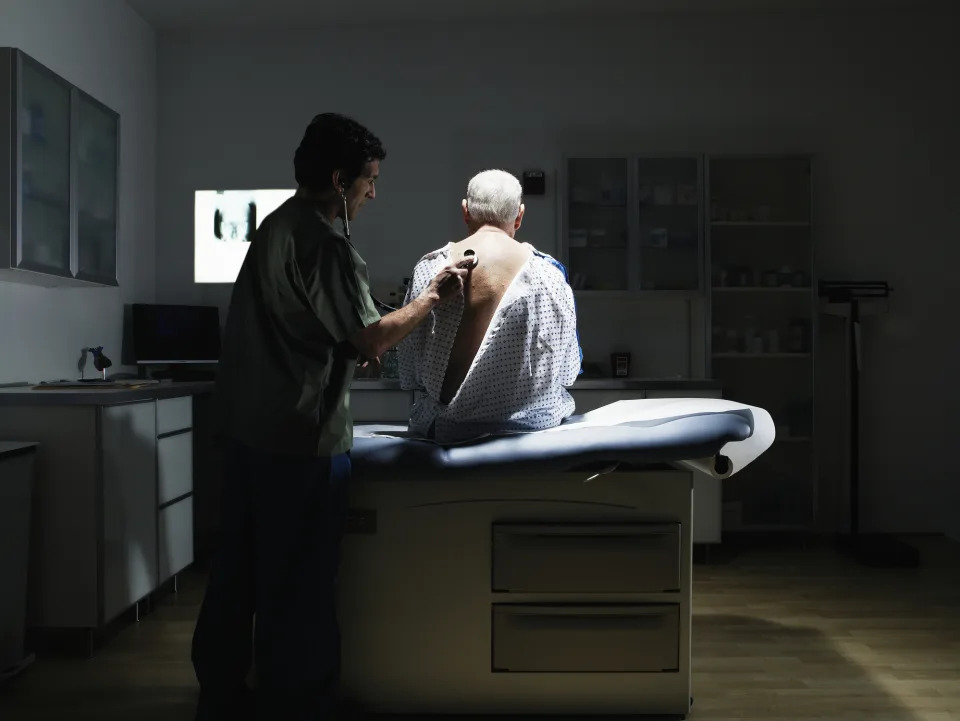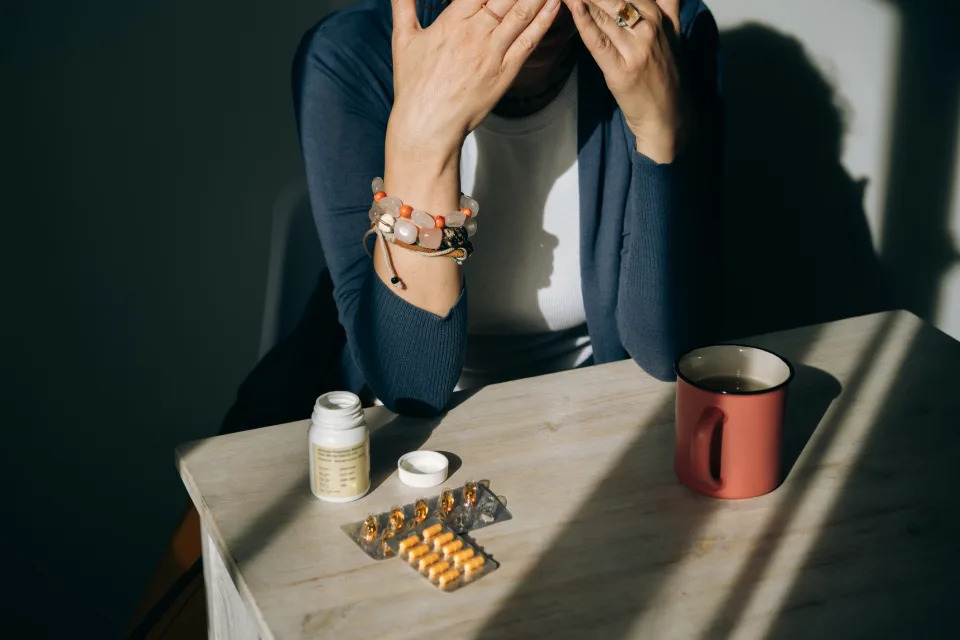These Are The 7 Things Stroke Doctors Say You Should Never, Ever Do
In the United States, strokes are a top cause of death and a major cause of disability, according to the American Stroke Association. This is a scary reality, especially since many of the stroke risk factors are pretty silent (like high cholesterol and high blood pressure) ― until they’re not.
But just because some of the risk factors aren’t always obvious doesn’t mean strokes can’t be controlled. In fact, it’s estimated that 80% of strokes are preventable through lifestyle changes like exercise, diet and more, according to the Centers for Disease Control and Prevention.
No one knows that more than the experts who treat the issue. Stroke doctors say they think a lot about the key ways to lower their risk (and their patients’ risk) of stroke.
“I like to think of it more proactively — what I could do to prevent stroke,” said Dr. Anthony Kim, a vascular neurologist and medical director of the University of California at San Francisco Stroke Center.
Below, stroke doctors share the habits they personally avoid ― and why you should avoid them, too.
Have A Sedentary Lifestyle(I try to get out walking 6-8000 steps 4-6 times a week)

According to Dr. Arthur Wang, director of endovascular neurosurgery at Tulane University School of Medicine, one of the modifiable risk factors for stroke is having a sedentary lifestyle.
While there isn’t one across-the-board definition of a sedentary lifestyle, overall, it means spending too much time sitting or lying down and not enough time exercising or moving around.
“It’s been shown that regular physical activity helps keep your blood vessels clog-free. It stops the buildup of plaque in the arteries,” Wang said. “And so we generally recommend that people get probably 30 minutes of moderate exercise maybe five times a week.”
This could mean going for walks, runs, biking, gardening or joining a group workout class — there is no wrong way to get moving.
Ignore High Blood Pressure(Mine was founf by blood donation and is now under control)

“It turns out that a lot of the same things that we would recommend for a healthy lifestyle also reduce the risk of both heart disease and stroke,” Kim said. “But if there’s one factor that is the most impactful it would be blood pressure, blood pressure, blood pressure.”
Elevated blood pressure, particularly over time, can lead to problems, he said: High blood pressure is the biggest modifiable stroke risk factor.
“If you took a magic wand and waved it and suddenly eliminated high blood pressure from the U.S. population, there would be 60% fewer strokes,” Kim said. “It’s by far the leading risk factor for stroke and we call it the silent killer because oftentimes, patients don’t feel it; you have to have it checked and monitored and treated.”
Skip Regular Check-Ups(It's better now that I'm retired)

“These risk factors oftentimes don’t have any real symptoms,” Wang said, which is a worrisome thing to think about. “A patient would never know that their blood pressure’s high, they wouldn’t know whether they have high cholesterol unless all of this is routinely tested or screened on a regular basis.”
This means it’s crucial that you visit your primary care doctor for the routine check-ups that they deem necessary. They’ll screen you for issues like high cholesterol and high blood pressure while checking other risk factors like your blood sugar and weight, too, he added.
“I think just being hyper-vigilant about those things, especially when these risk factors for stroke are very cryptic, meaning that they don’t manifest in any real symptoms, so it’s really important for patients to understand that so they take the actionable steps to see their doctor to get these routine screening tests,” Wang said.
Your doctor can also review any risk factors outside your control, like gender (strokes are more common in women, Wang said), race (they’re more common in Black people, he noted) and personal history.
“In terms of previous medical history, those who have had prior strokes in the past, or if one of their parents had a stroke in the past, are at a much higher risk of having a future stroke,” Wang said.
Smoke(Nope)

According to both Kim and Wang, one of the habits that is high on a to-avoid list is smoking.
“That definitely increases the risk of stroke, and heart disease, for that matter,” Kim said.
“And one of the ways that it does that is by causing the blood vessels to become narrowed over time, and that can ultimately lead to blockages in blood flow to part of the brain, which is essentially what a stroke is,” he explained.
Drink Too Much Alcohol(Well my use is vastly increasing my social connections, reducing my risk of dementia)

You’re probably aware that alcohol is not good for you. It’s linked to certain kinds of cancer, liver disease, and yes, stroke, too. Specifically, Kim said there is an “association between ... excessive alcohol use and heart disease and stroke risk.”
Alcohol recommendations vary by person, but, the CDC considers more than four drinks in one sitting for women or five drinks in one sitting for men to be excessive drinking. More than eight drinks per week for women and 15 drinks per week for men is also considered excessive drinking.
Generally, it’s accepted that women should not have more than one alcoholic drink a day and men should not have more than two, Kim said. These are also the recommendations put forth by the Dietary Guidelines for Americans.
Ignore Your Diet(Since nothing is exact in diet research, I don't worry about this)

A proper diet is important for managing stroke risk, too. This means moderating foods that are full of saturated fats, sugar and salt, Wang said. (Additionally, Kim pointed out that there is a relationship between salt intake and high blood pressure, which, as we now know, is another stroke risk factor.)
When it comes to what you should eat, Kim points to the work of author and journalist Michael Pollan. This advice is “eat food, mostly plants, not too much,” Wang said. This means having a diet that’s rich in fruits and veggies with some meat added in.
Dismiss Necessary Treatment(My stroke was extremely obvious)

Since strokes are so common in this country (and this world), it’s important that you’re aware of the signs and get treated as soon as possible. Available stroke treatments work better the sooner they’re done, Kim said.
“Because many strokes aren’t painful, and the symptoms of stroke vary so much, it’s important to recognize symptoms of stroke,” he said.
And, there’s a useful acronym to help people remember the signs — and that acronym is FAST, Kim said. FAST stands for “facial drooping, arm weakness, speech difficulty and time to call 9-1-1,” according to the American Stroke Association website.
“These are not the list of all potential stroke symptoms, but any one of those [factors] raises the suspicion that it could be a stroke, especially if it happens suddenly,” Kim noted.
And, once again, it’s important to remember that getting treatment as fast as possible is vital, he said.This article originally appeared on HuffPost.
No comments:
Post a Comment